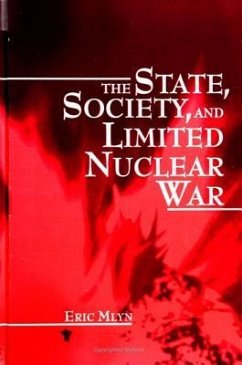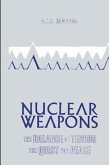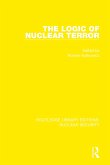An examination of the extent to which nuclear weapons policy has been democratically controlled, showing that a policy elite insulated from society eventually lost its autonomy This book highlights the role that domestic politics has played in the evolution of U.S. nuclear weapons policy up to the present. Mlyn focuses on the relationship among the three levels of this policy: public statements, force posture, and nuclear targeting. He shows that although state officials since 1960 maintained a policy of Mutual Assured Destruction (MAD) in public, U. S. nuclear targeting in fact embraced Nuclear Utilization Theory (NUTS). Because this view of using nuclear weapons to fight a limited nuclear war was unpopular with the public, however, state officials did not articulate it fully until the early 1980s. Thus, although the Reagan administration was accused of radically changing nuclear weapons policy, it was actually continuing a long trend more openly. Drawing on theories of the state, archives, and interviews with top defense policymakers, this book tells an important story of interest to any reader concerned with how security policy is fashioned in the United States.
Hinweis: Dieser Artikel kann nur an eine deutsche Lieferadresse ausgeliefert werden.
Hinweis: Dieser Artikel kann nur an eine deutsche Lieferadresse ausgeliefert werden.








